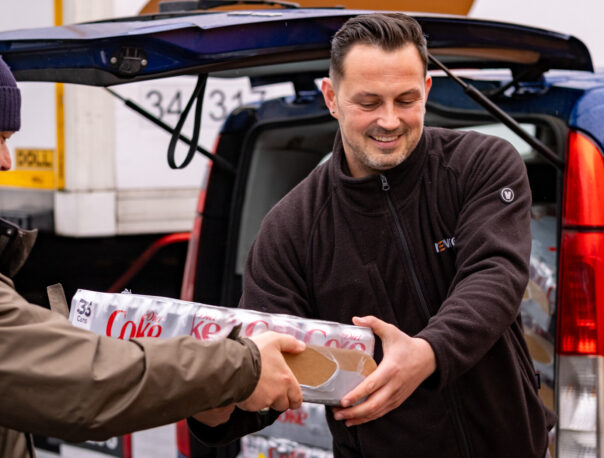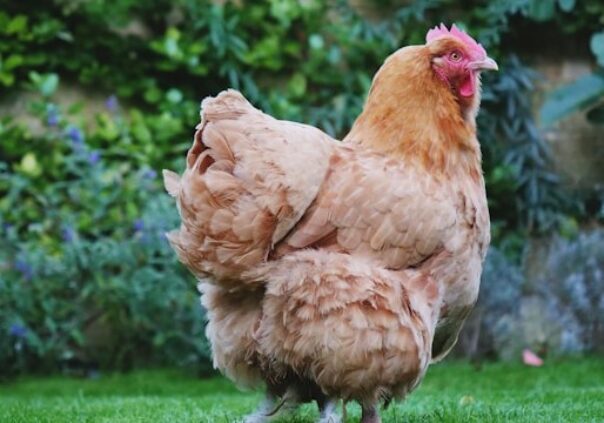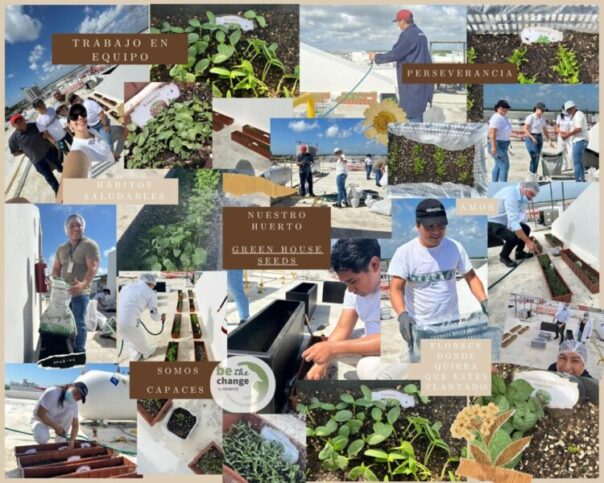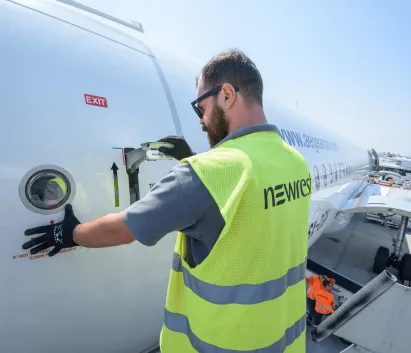
2024 progress report on Newrest’s commitment to cage-free eggs and the ECC
America
|America
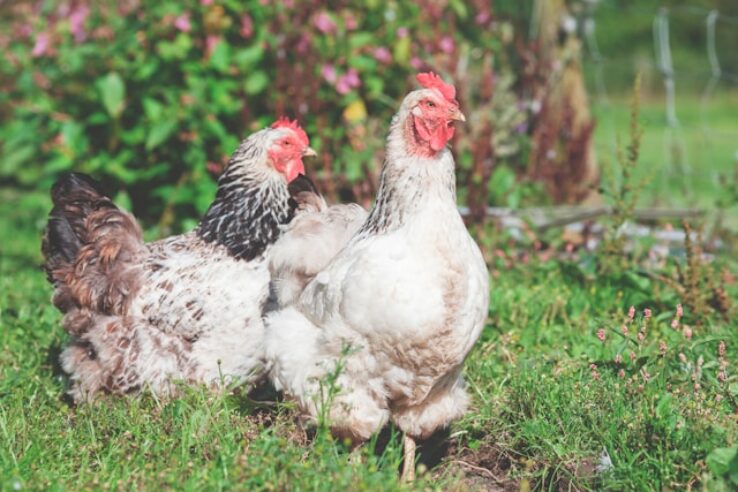
The Newrest Group, active in over fifty countries, operates in a variety of local contexts, regulations and cultures. This diversity, coupled with different realities on the ground, must be taken into account in achieving the Group’s global objectives.
Cage-free eggs
For several years now, Newrest has been implementing concrete actions to achieve its objective of sourcing only egg products from cage-free hens by 2025.
The results presented below are indicative of the challenges inherent in the production of eggs from cage-free hens and confirm the Group’s approach of promoting local impacts. These results are in line with the maturity of production capacities in each zone. Between October 2023 and March 2024, the global supply of cage-free eggs was 11.5%, compared with 11% in FY 2023.
Regional breakdown of data collected for the first six months of Newrest's 2024 financial year (October 2023 - March 2024):
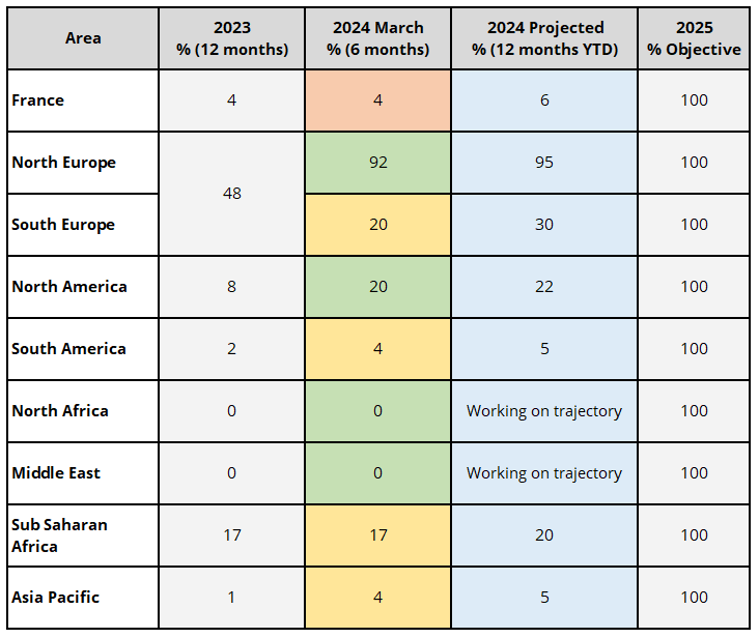
As suggested by The Humane League and to ensure greater continuity in the assessment of its performance, the Group relies on information from the Global Coalition for Animal Welfare (GCAW). The report, published in December 2023, provides a better understanding of cage-free egg production capacity in the countries in which Newrest operates. The colors in the table above reflect Newrest’s performance in purchasing cage-free eggs, in relation to the production capacity of these countries..
Reference document : Cage Free Eggs: A GCAW Global Landscape Review.
- Orange = % Newrest’s purchases of cage-free egg products are lower than the area’s production capacity
- Yellow = % of Newrest’s purchases of cage-free egg products are slightly lower than the area’s production capacity
- Green = % of Newrest’s purchases of cage-free egg products are equal to or greater than the area’s production capacity.
The Group has a dozen countries that have succeeded in reaching the target of 100% of egg products from cage-free hens by 2025. This achievement was possible not only by national production capacities, but also thanks to heightened awareness among all stakeholders, as well as the research efforts made by the Group’s teams.
The main challenge of this commitment remains finding suppliers who can meet the Group’s requirements and needs in all regions of the world. This is why Newrest’s subsidiaries are focusing on developing local projects to increase cage-free egg production capacity in emerging markets, while maintaining the Group’s quality standards.
In addition, the Group expects to diversify its range of processed egg products (liquid egg, frozen egg, etc.) to meet the regulatory and contractual requirements that are limiting its growth. Indeed, because of the diversity of its activities, Newrest sometimes works with customers who impose specifications that can run counter to the Group’s commitment.
Newrest continues to move forward by taking advantage of opportunities for progress whenever the context allows it and improves its data collection process regarding animal welfare. The Group also maintains its commitment and keeps on working closely with The Humane League to make progress in this area.
European Chicken Commitment
In 2019, the Group took the initiative to contribute to the animal welfare improvement by joining the European Chicken Commitment. This represents a set of standards that go beyond existing European regulations, including more respectful rearing and slaughtering criteria for chickens.
Our teams continue to face the unfamiliarity of many suppliers with the criteria of the European Chicken Commitment (ECC), so we continue to raise awareness on this topic.
The latest figures collected over the past period are encouraging, as the percentage of chicken (fresh, frozen and processed) certified as “European Chicken Commitment” has risen up to 11% (compared with 8% in 2023).
The Group is committed to working with its suppliers to measure their ability to meet its needs. To this end, a questionnaire will henceforth be sent each year to suppliers in European countries where the Group is present, to measure their level of commitment to the 6 ECC criteria.
With the support and expertise of The Humane League, the Group’s main objective remains to cooperate with all sectors to supply chickens that comply with the criteria mentioned in the ECC.

 en
en
 fr
fr es
es


